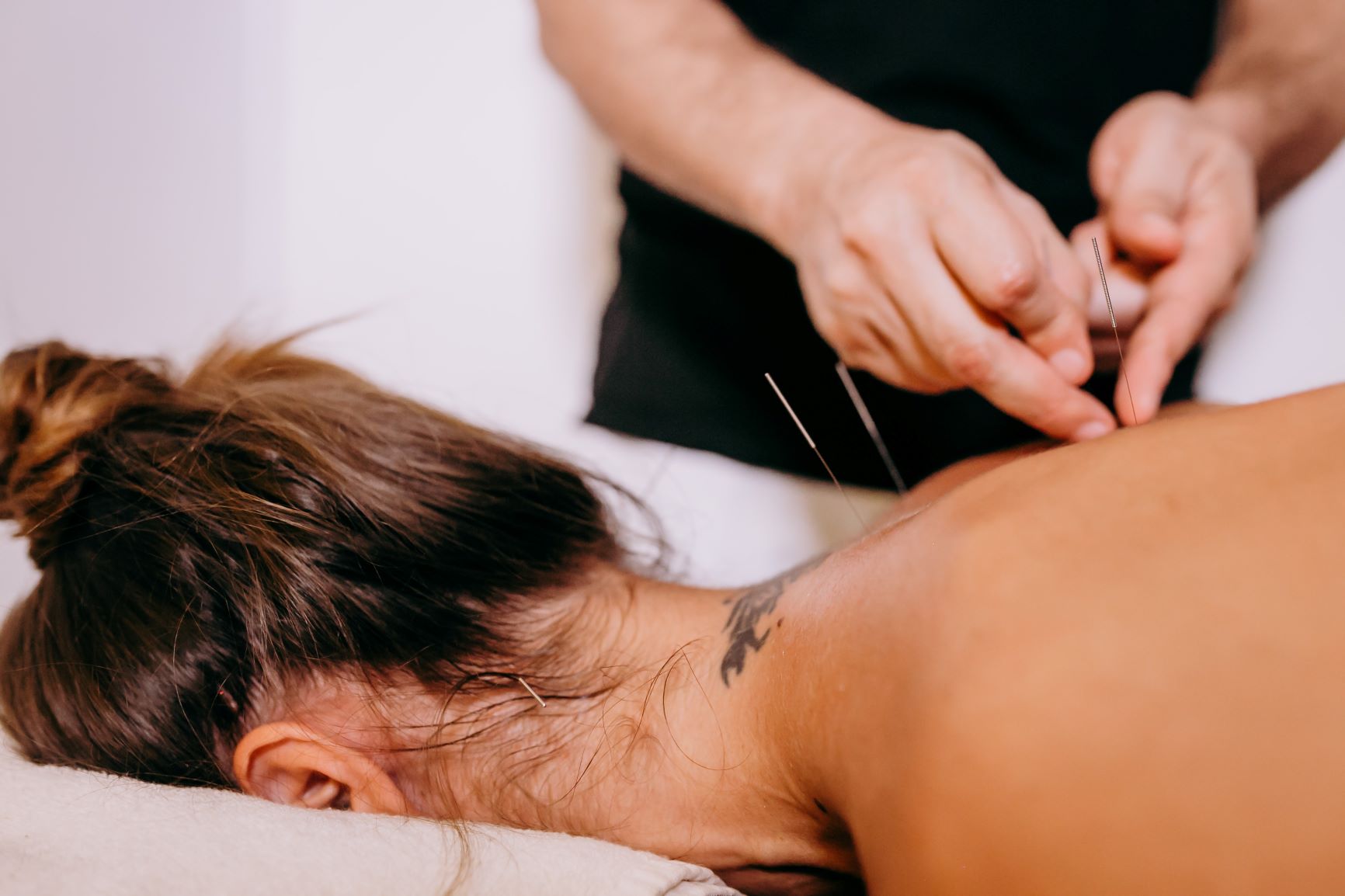Acupuncture
What is Acupuncture?
Acupuncture is the practice of penetrating the skin with thin, solid, metallic needles which are then activated through gentle and specific movements of the practitioner's hands. It is part of the ancient practice of Traditional Chinese medicine. Traditional Chinese medicine practitioners believe the human body has more than 2,000 acupuncture points connected by pathways or meridians. These pathways create an energy flow (Qi, pronounced "chee") through the body that is responsible for overall health. By applying acupuncture to certain points, it is thought to improve the flow of Qi, thereby improving health. Acupuncture points are believed to stimulate the central nervous system. This, in turn, releases chemicals into the muscles, spinal cord, and brain. These biochemical changes may stimulate the body's natural healing abilities and promote physical and emotional well-being.
What does acupuncture feel like?
Acupuncture is done using hair-thin needles. Most people report feeling minimal pain as the needle is inserted. Once a needle reaches its intended depth, you’re likely to feel a mild, dull ache or a slight tingling sensation. This may be a sign that the treatment is working and the acupuncture point is being activated. Some people report acupuncture makes them feel energized, others say they feel relaxed. Feelings of warmth may arise at the acupuncture points.
Benefits of Acupuncture
Studies have shown that acupuncture is effective for a variety of conditions.
- Myofascial pain
- Sports injuries
- Headaches and Migraines
- Lower back and Hip pain
- Neck and Shoulder stiffness
- Carpal tunnel syndrome
- Nervous system and Muscular disorders
- Fibromyalgia
- Anxiety and Depression
- Asthma
- Digestive disorders
- Jaw pain
- Osteoarthritis
- Respiratory disorders
- Other Physical and Emotional ailments

